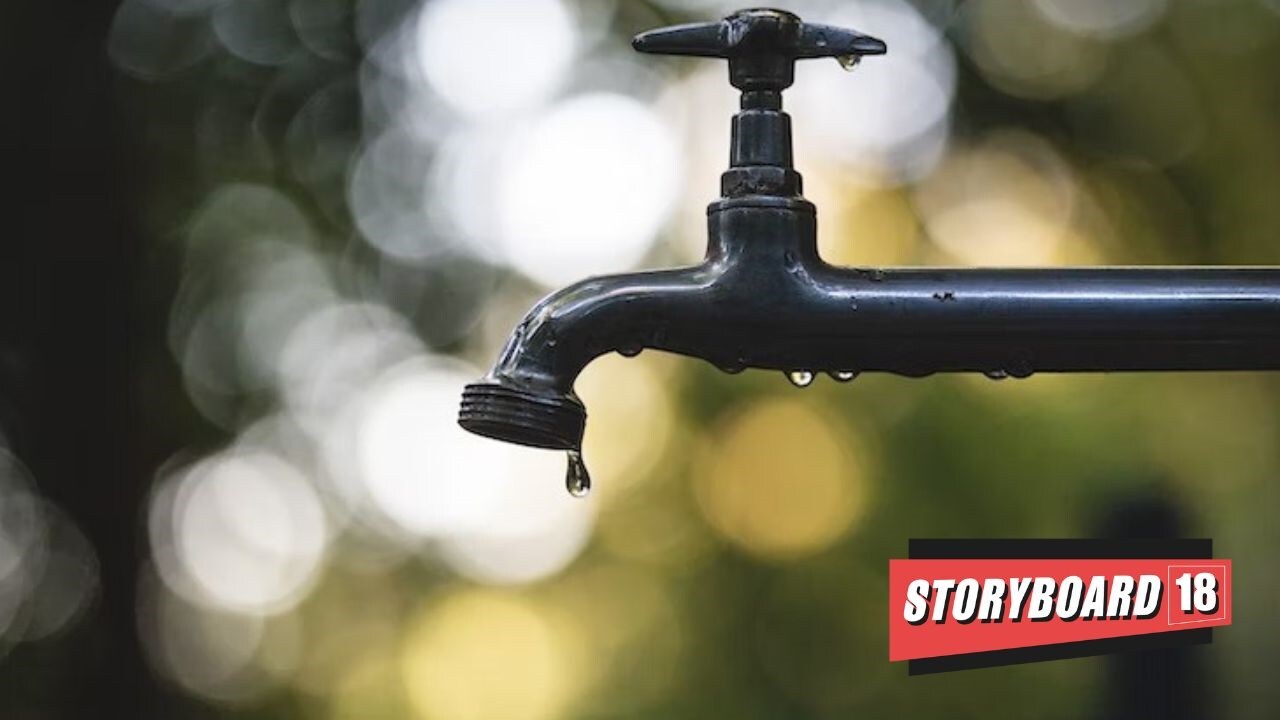Multi-business conglomerate ITC’s large-scale water stewardship initiative, as a part of its Sustainability 2.0 (S2.0) vision, is aligned to the recently launched Jal Jan Abhiyan by the Prime Minister Narendra Modi. The objective of ITC’s multi-dimensional water stewardship programme is to ensure ‘Water for all – today and tomorrow’. ITC’s water stewardship initiatives are implemented in close partnership with rural communities and enabling them to become the fulcrum of change, a model which finds resonance with this year’s World Water Day 2023 theme of “Accelerating the change to solve the water and sanitation crisis”.
ITC’s three-pronged approach in water stewardship includes maximizing water efficiency across all its operations, community watershed programme for increasing rainwater harvesting on supply side, and on demand side, improving agri water efficiency to reduce water consumption whilst also increasing yields.
The company has the distinction of being the only company in the world to sustain its water-positive status for 20 consecutive years. This has been achieved by prioritizing comprehensive water efficiency measures across all its operational units.
ITC’s supply side water management initiatives create rainwater harvesting potential equivalent to over three times its net water consumption; the company aspires to raise this to five times its net water consumption as part of its Sustainability 2.0 targets. Additionally, the company has set a goal to achieve 40 percent reduction in its water consumption by 2030 compared to the baseline of 2018-19. All ITC units are mandated to implement action plans that focus on reducing net water consumption, maximizing rainwater harvesting and achieving zero effluent discharge through technology upgradation, advanced processes, stringent audits and international benchmarking.
Such interventions within the fence together with the work being done in the catchments to enhance water availability has led to ITC’s Paperboards and Specialty Papers unit in Kovai becoming the second facility in the world and first in India to be awarded the AWS (Alliance for Water Stewardship) Platinum level certification in 2019-20, one of the highest recognition for water stewardship in the world. Subsequently, another ITC unit – its Integrated Consumer Goods Manufacturing and Logistics facility at Malur in Karnataka became the first food factory in Asia to be awarded the AWS certification. Going forward, the Company plans to obtain AWS Certification for all sites located in high water-stressed areas by 2035.
ITC’s large-scale integrated watershed development project covers 1.4 million acres in 48 districts across 16 states benefitting over 4 lakh people. ITC facilitates the formation of Water User Groups (WUGs) among small and marginal farmers to ensure participatory management of local water resources. ITC has constructed over 23,000 water harvesting structures to store water, 3,200 groundwater recharge units to recharge aquifers and revived over 2.3 lakh acres under biodiversity conservation to hold water in catchments. The programmes created water storage capacity of over 46.9 million cu.m and have led to improvement in groundwater tables in a range of 20 to 30 percent in the project areas.
For water conservation, ITC has synergized traditional knowledge with modern techniques. ITC has focused on reviving traditional water harvesting systems such as Ahar-Pyne and tank cascade systems in its catchments. To ensure long-term sustainability of the water security status and positive water balance in the catchments, ITC initiated actions on working at rivers and sub-river level. ITC’s basin level work in Ghod basin in Maharashtra (tributary of Krishna river) has resulted in making the basin water positive in a span of five years which was a result of multi-stakeholder partnerships with Government, academia and others, along with extensive demand management in sugarcane & onion crops.
Such integrated initiatives resulted in improving farmer incomes along with water savings. Similar work is ongoing in three other basins: Upper Bhawani river in Tamil Nadu (Tributary of Kaveri river), Mureru river in Telangana (Tributary of Godavari river) and Kolans river (catchment of Upper Bhopal lake).
ITC’s comprehensive demand-side water management programme has made progress with coverage of 11.6 lakh acres across 12 states. This has resulted in water savings across 15 crops in the range of 20-45 percent with total potential water savings of 737 million cu.m as compared to conventional practices followed by farmers.
These achievements have been possible as ITC has promoted crop-specific precision agronomic practices and micro-irrigation to reduce water consumption and achieve ‘More Crop per Drop’ in alignment with the Government vision. The major crops and practices covered are Direct Seeding (DSR) and Alternate Wetting & Drying in paddy, Zero Tillage sowing in wheat, Seedling plantation and mulching in sugarcane, Broad Bed Furrow (BBF) method of planting in soyabean and micro irrigation (drip) in other plantation, fruit and vegetable crops. The interventions were piloted and demonstrated to farmers in association with knowledge partners such as Tamilnadu Agricultural University, (TNAU), Vasantdada Sugar Institute (VSI), Indian Institute of Soyabean Research (IISR) and Indian Institute of Rice Research, which are prominent Indian Council of Agricultural Research (ICAR) institutes. Knowledge partnerships are also with other reputed institutions such as International Water Management Institution (IWMI). After the demonstrations, farmers were given continuous handholding support to adopt the practices at scale.
ITC has forged over 50 Public-Private Partnerships (PPPs) and has aligned with government missions and schemes such as State Water Resources, Watershed and Forest Departments, MGNREGA (Mahatma Gandhi National Rural Employment Guarantee Programme and NABARD watershed programmes.
